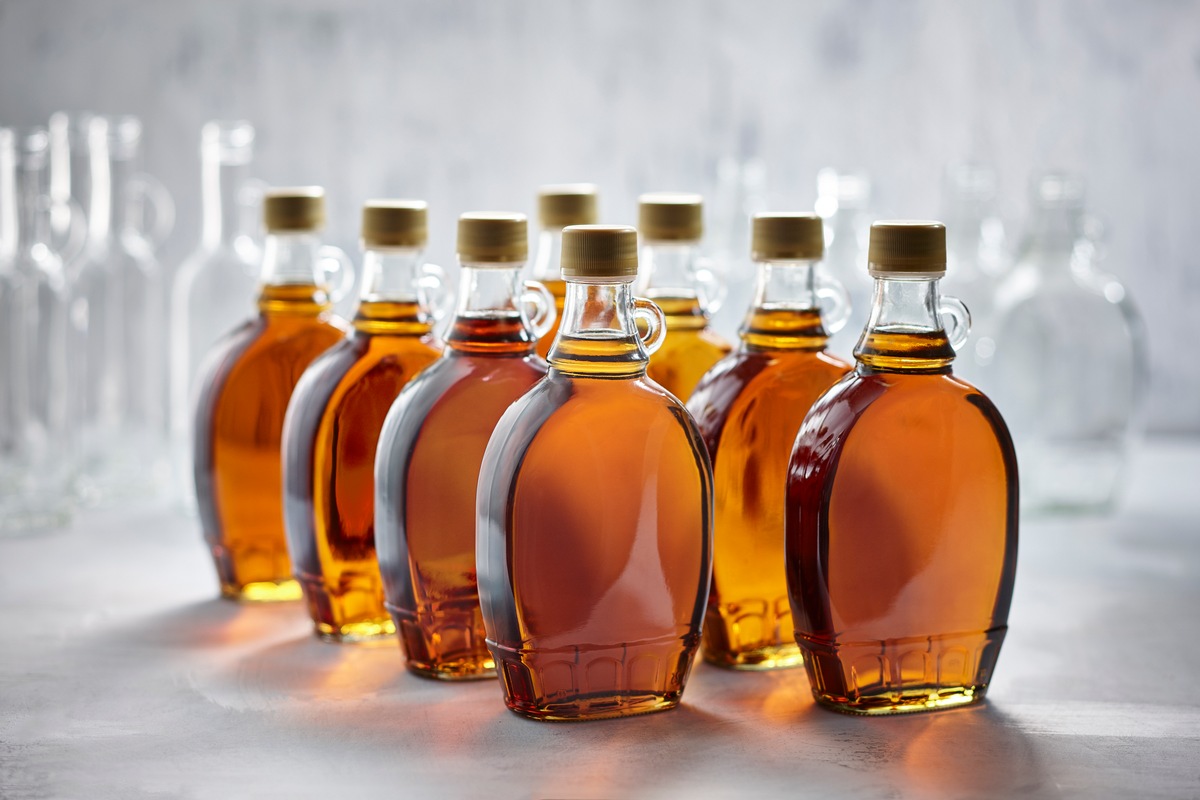This reserve, unique in the world, conceals a treasure estimated to be worth €250 million and is essential to the daily lives of the inhabitants.
It is a veritable treasure trove, a reserve that could be the stuff of dreams for some burglars. Just imagine: three hangars filled with thousands of barrels, inside which a precious liquid is stored. The total value of the haul when everything is full: €250 million. A tidy sum, carefully preserved by a country that has this ‘liquid gold’ in abundance. Security is draconian, especially since a huge heist took place, resulting in the disappearance of €11 million worth of merchandise.
More specifically, it is our Quebecois cousins who are home to these millions of litres. In three villages located in the heart of the countryside between Quebec City and Montreal (Laurierville, Plessisville and Saint-Antoine-de-Tilly) are the country’s three ‘strategic reserve’ warehouses. But don’t try to go there to fill up your fuel tank: it’s not petrol!
Unique in the world, this storage facility is a far cry from the image of picturesque little sugar shacks. For yes, the country world-renowned for its maple syrup does indeed have the world’s only reserve of this product that is in such high demand across the globe. Here, the barrels are filled “when production exceeds demand. Surplus maple syrup is pasteurised to ensure its preservation before being stored in the reserve,‘ explain the Quebec Maple Syrup Producers (PPAQ). Conversely, when there is a poor harvest, the stored syrup is offered and sold to buyers to meet demand.’

This stock is particularly strategic given global demand for maple syrup, as it ensures a permanent supply to national and international markets and helps stabilise prices. However, this resource is precious because climate change is not without consequences for maple syrup production.
The Canadian government has issued several warnings on the subject: early budding and late frosts, linked to these changes, cause damage to developing tissue, as do ‘extreme’ weather events. ‘If such phenomena become chronic, frost could reduce annual wood growth and the accumulation of reserves,’ warns the government.





